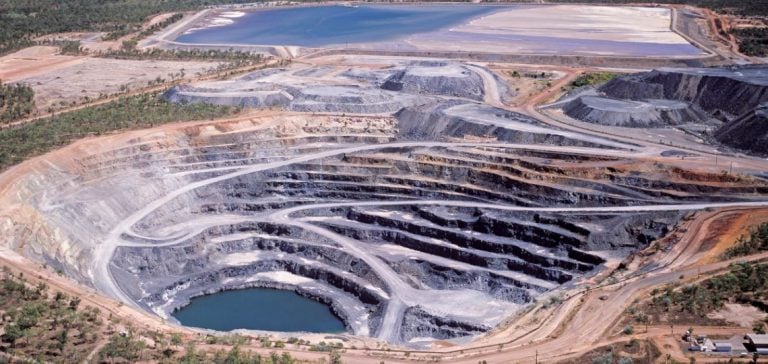Standard Uranium Ltd. announces promising results from its spring 2024 drilling program at the Canary project, located in the Athabasca Basin, a region renowned for its uranium wealth.
Analytical results reveal anomalous levels of uranium and indicator elements, characteristic of basement-hosted uranium deposits.
This inaugural drilling program, which was carried out over an area of 7,302 hectares, marks a significant step forward in the exploration of this project, which is currently under a three-year option agreement with Mamba Exploration Limited.
Drilling results indicate moderately anomalous uranium mineralization in several drill holes, with Uranium:Thorium (U:Th) ratios greater than 3:1, suggesting a hydrothermal contribution of uranium.
Zones of mineralization are related to structural zones and lithological contacts, indicating a uranium-fertile system.
In addition, several uranium indicator elements are present in anomalous quantities, notably boron, providing valuable information for future programs.
Spectroscopic analyses confirmed the presence of dravitic clays associated with semi-pelitic gneisses in drill hole CAN-24-001.
Analysis of drilling results
The spring 2024 drilling program involved 1,863 meters of diamond drilling spread over four holes.
The holes were designed to test recently identified resistivity anomalies along a northern conductive trend, defined by a DCIP survey conducted in 2022.
Results show that all drill holes intersected key features of a uranium mineralized system, including favorable hydrothermal alteration and strongly deformed metasedimentary rocks.
Analytical data confirm the presence of elevated uranium in the basement rock, as well as fracture-controlled clays.
Sean Hillacre, president and vice-president of exploration at Standard Uranium, emphasizes the significance of these results:
“Intersecting anomalous uranium elements and indicator elements associated with hydrothermal alteration zones in a completely unexplored area is very encouraging.”
This statement highlights the enthusiasm of the technical team to continue exploration efforts in collaboration with Mamba Exploration.
Prospects for future exploration
The Canary project has significant potential for future discoveries along three underexplored conductor systems.
Additional geophysical investigations along these corridors will identify new target areas for Phase II and III drilling.
Geological data collected during the Spring 2024 program are currently being processed and interpreted, which should enrich our understanding of the geological structures and mineralized zones.
Historical drilling results in the region, notably from the Roughrider/J-zone project, provide valuable context for the evaluation of potential targets.
The anomalous geochemical data and favourable alteration observed in previous drill holes strengthen the case for continued exploration in this promising region.
Next steps include the planning of follow-up targets based on the results of the spring program and the evaluation of geophysical data.
Geological context and opportunities
The Canary project is located in the Mudjatik geological domain, an area that has recently seen several notable discoveries.
The proximity of discoveries such as IsoEnergy’s Hurricane deposit underscores the region’s untapped potential.
The project is significantly underexplored compared to adjacent magnetic conductor corridors, offering a unique opportunity for Standard Uranium to capitalize on technological advances and modern exploration methodologies.
Standard Uranium’s commitment to rigorous, methodical exploration, combined with strategic partnerships, positions the company to capitalize on opportunities in the uranium sector.
The company continues to focus on identifying and acquiring Athabasca-style uranium targets, with a clear vision of discovery and future development.
The results of the spring 2024 drilling program at the Canary project illustrate not only the potential of the region, but also Standard Uranium’s commitment to responsible and efficient exploration.
Future phases of exploration should provide further information on the economic viability of uranium resources in this strategic region.






















